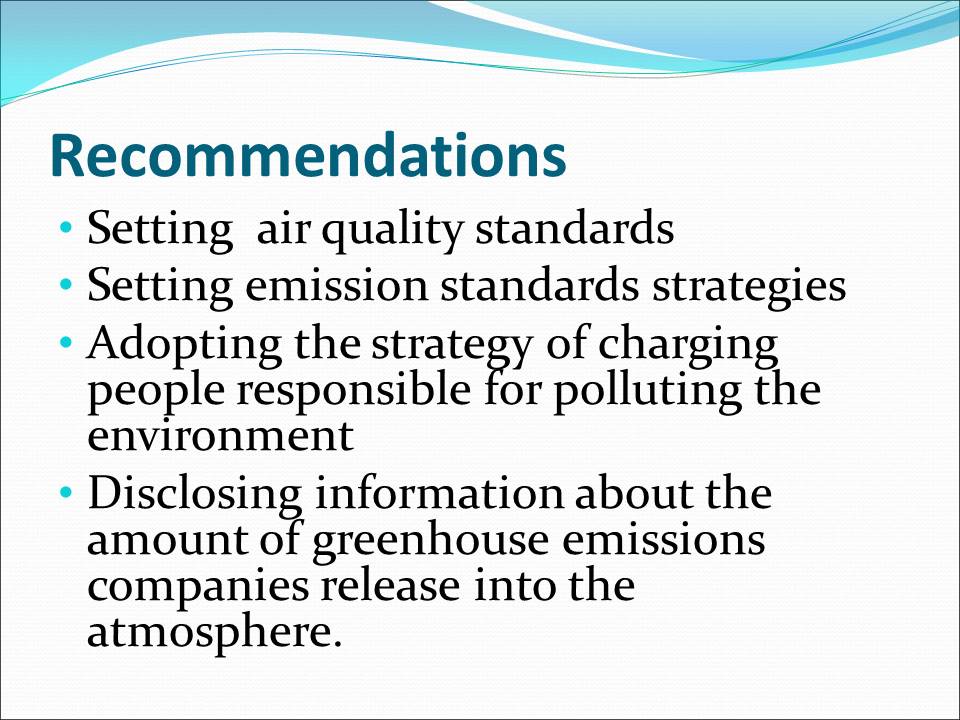Environmental ethics
- Is concerned with the ethical relationship of human beings with the environment.
- Human beings must relate ethically with all other living organisms.
- Should be applied in professions like engineering, law, medicine, and business.
Environmental ethics is an environmental psychology branch concerned with the study of the moral relationship between human beings and the environment. All living things are part of the natural environment and therefore human beings must relate with them ethically. Many industrial activities that human beings engage in are causing a natural imbalance and endangering the existence of plants and animals.
Environmental ethics should be applied various professions such as engineering, law, medicine and business. Environmental ethics require that all activities that human beings engage in should not cause harm to the environment and all living things. The natural environment is affected through business activities like building, mining, fishing, animal testing, agriculture and hunting. Engineers have an ethical responsibility to design products that are not harmful to the environment, for instance, sustainable building designs and environmental friendly chemical processes. Lawyers and medical professionals should also carry out their professional responsibilities without causing harm to the environment.
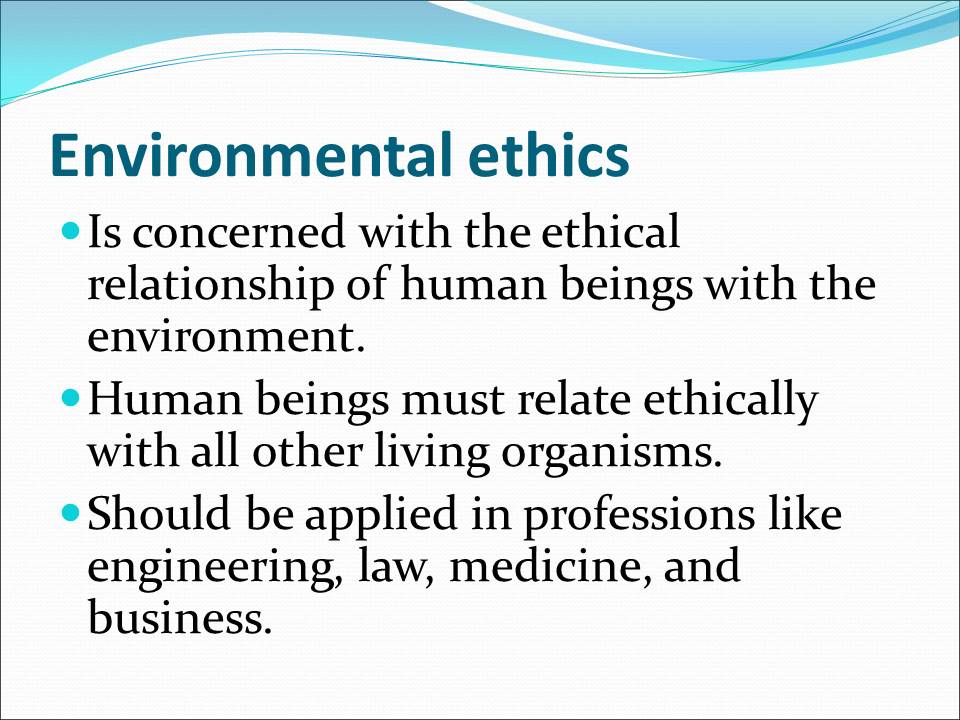

Effects of environmental pollution
- Air pollution is harmful to human health.
- Exhaust gases cause acid rain.
- Stimulation of the growth of algae.
- Depletion of the ozone layer.
- Causes global warming.
Factories and oil companies are causing environmental pollution by releasing smoke and exhaust gases into the atmosphere. This has several effects on the environment. These gases cause acid rain which destroys trees, statues and buildings, and acidifies water and soil making them uninhabitable for fish and other wild animals. Nitrogen oxide released from factories leads to nitrogen getting into water bodies and stimulating the growth of algae. This leads to death of fish and other aquatic plants.
Air pollution is harmful to human health as it can cause respiratory problems, genetic mutations, birth defects and cancer. Releasing of gases into the atmosphere also leads to the depletion of the ozone layer. The ozone layer protects the living things from the harmful ultraviolet rays from the sun and destroying it can lead to increased cases of impaired immune systems, skin cancer, cataracts, and damage to sensitive trees and crops.
Greenhouse gases such as methane and carbon dioxide released from factories are disturbing the balance of natural gases that trap heat from the sun. Therefore, the earth is trapping more heat from the sun and this is causing global warming. This could have adverse effects on human health, wildlife, water resources, agriculture and forests.
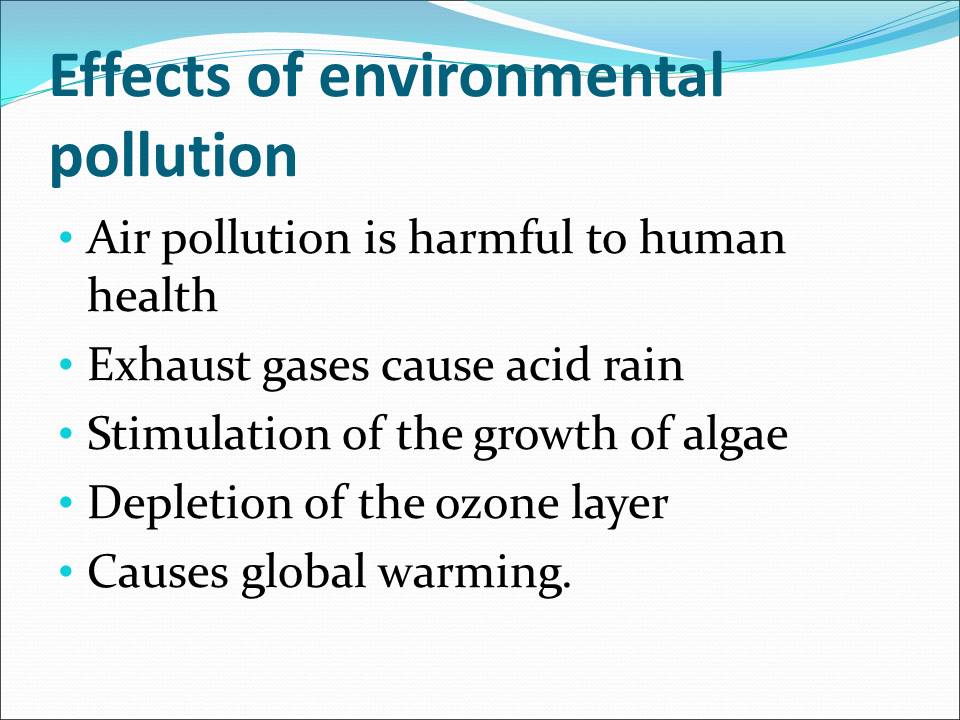
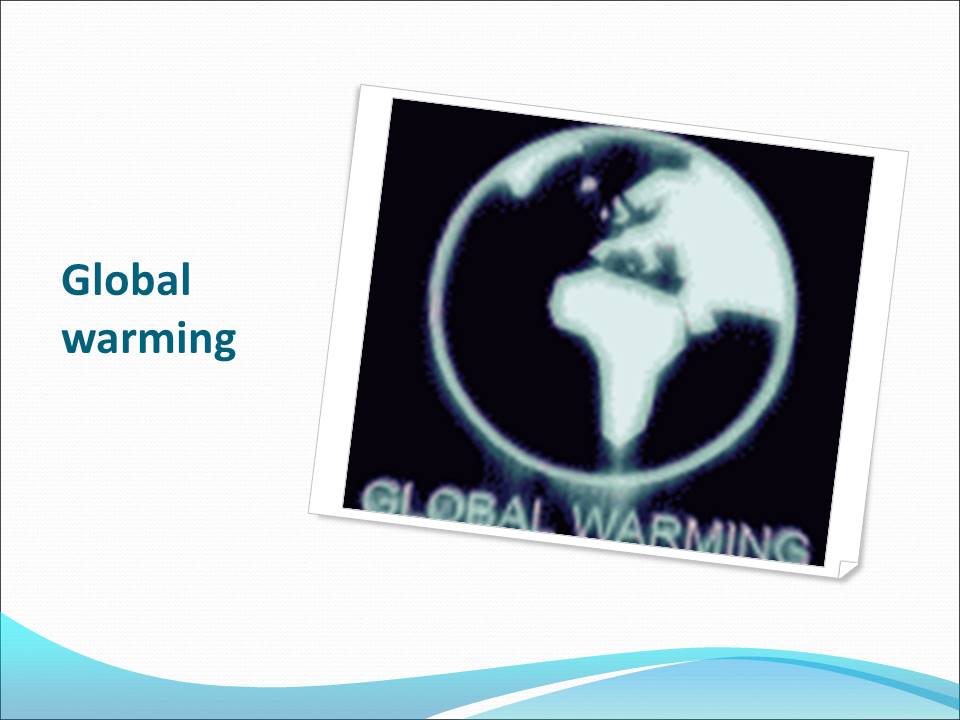
Conclusion
- Human beings have a moral responsibility to protect and nurture the environment.
- Human activities are endangering the existence of future generations, animal, and plant life.
- Human beings should embrace environmental ethics.
Human beings have a moral responsibility to protect and nurture the environment. The activities in factories and industries are releasing harmful gases into the atmosphere and this has devastating effects on human life, wildlife and plants. Through our activities, we are treating the animal and plant life unethically. Human beings should therefore embrace environmental ethics and understand that all forms of life have the right to live.
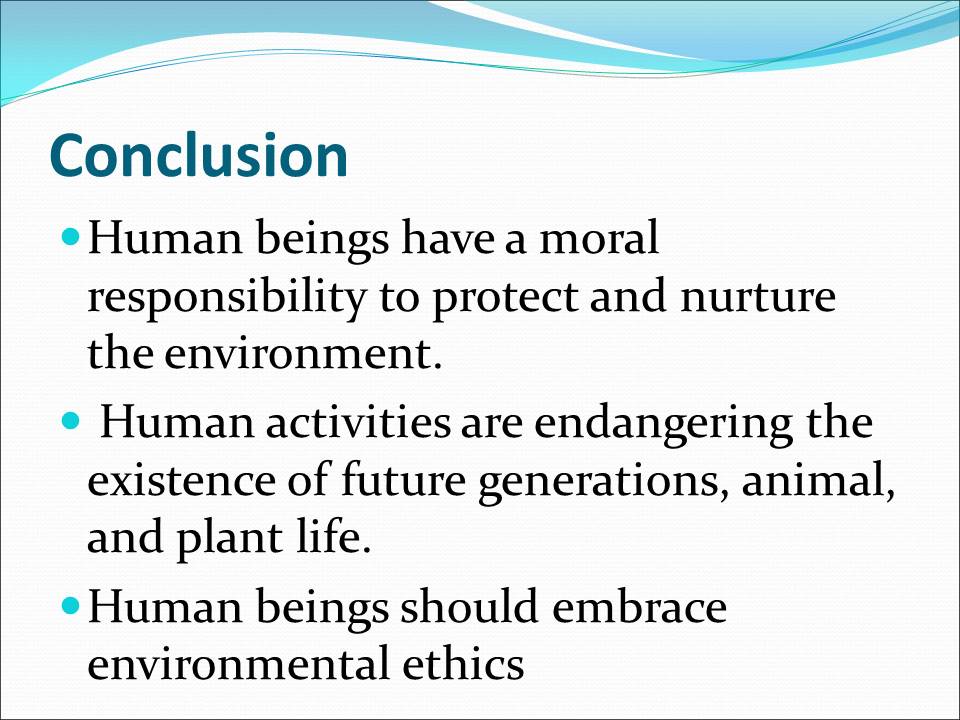
Recommendations
- Setting air quality standards.
- Setting emission standards strategies.
- Adopting the strategy of charging people responsible for polluting the environment.
- Disclosing information about the amount of greenhouse emissions companies release into the atmosphere.
Several strategies can be used to control air pollution from factories. Air quality standards should be set in order to monitor and control emissions from industries. Emission standards strategies should also be set in order to limit the amount of emissions released from factories.
Economic strategies that involve charging the people who pollute the environment can compel industries to acquire equipment that control air pollution. These strategies should be adopted in all countries in order to exert pressure on environment polluters to reduce the emissions from their factories.
Another strategy that can reduce emissions in the atmosphere is to introduce a system of transparency where information about companies and their products and the amount of greenhouse emissions they release is disclosed to the public. This would help the consumers to make informed choices on the products they purchase. Exposed factories would be forced to reduce the amount of emissions into the atmosphere.
